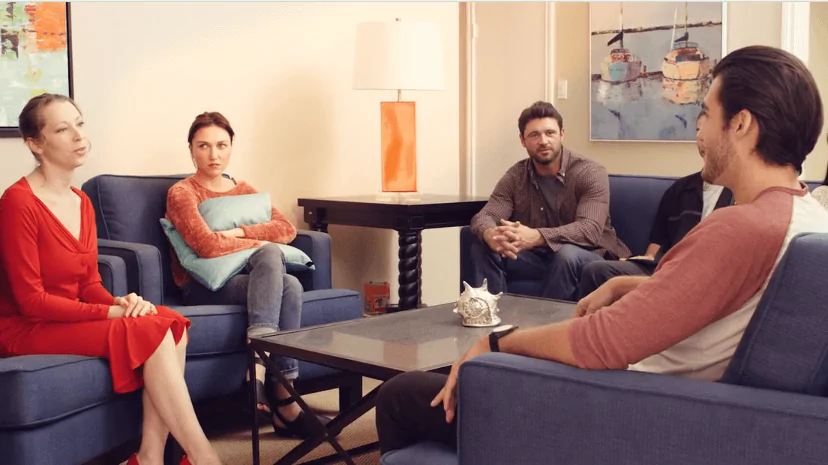24/7 Helpline:
(866) 899-221924/7 Helpline:
(866) 899-2219
Learn more about Prescription drug Rehab centers in Barbour County

Other Insurance Options

Cigna

Private insurance

Amerigroup

Horizon Healthcare Service

Providence

Excellus

MHNNet Behavioral Health

Health Choice

GEHA

ComPsych

Coventry Health Care

Lucent

PHCS Network

Aetna

AllWell

Anthem

BlueShield

Carleon

Kaiser Permanente

Evernorth

Appalachian Community Health Center
Appalachian Community Health Center is a private rehab located in Belington, West Virginia. Appalach...




















































































































